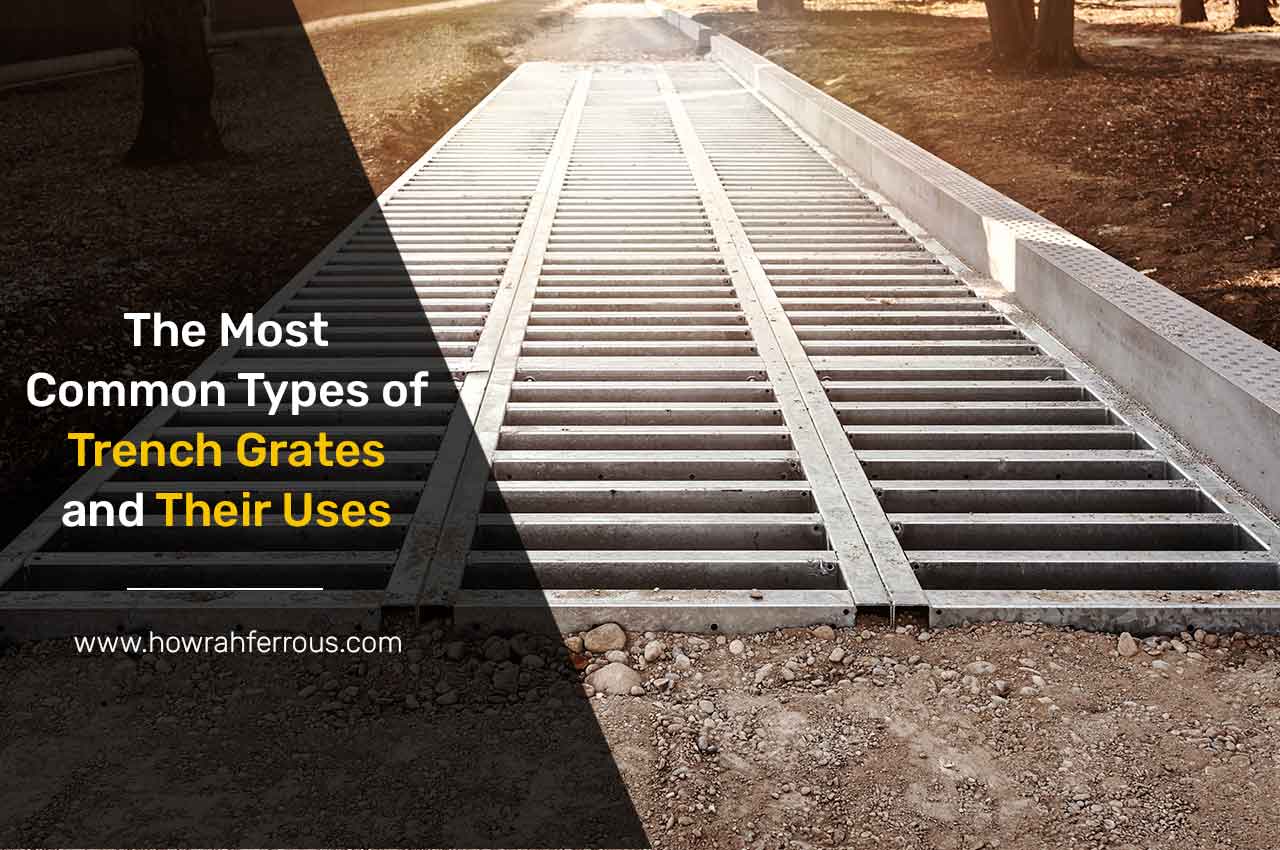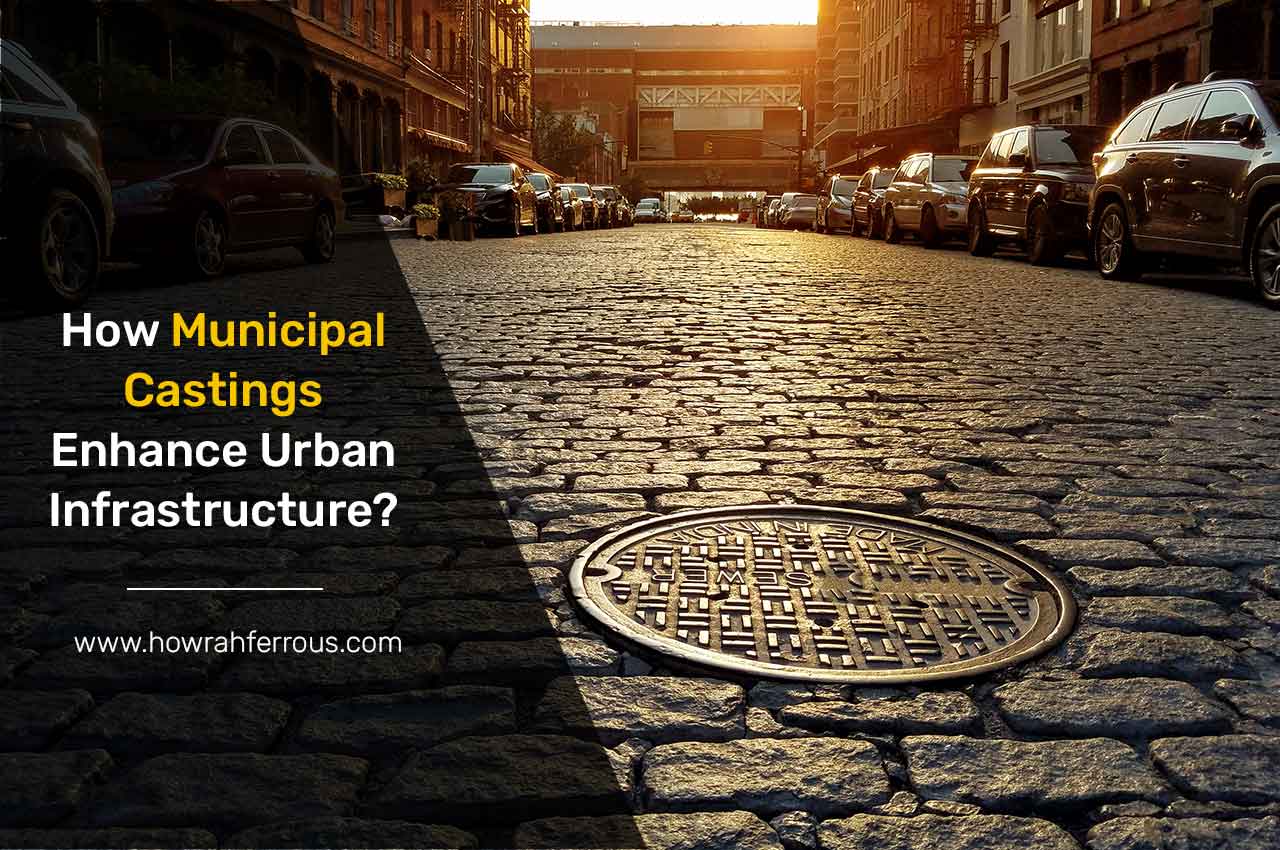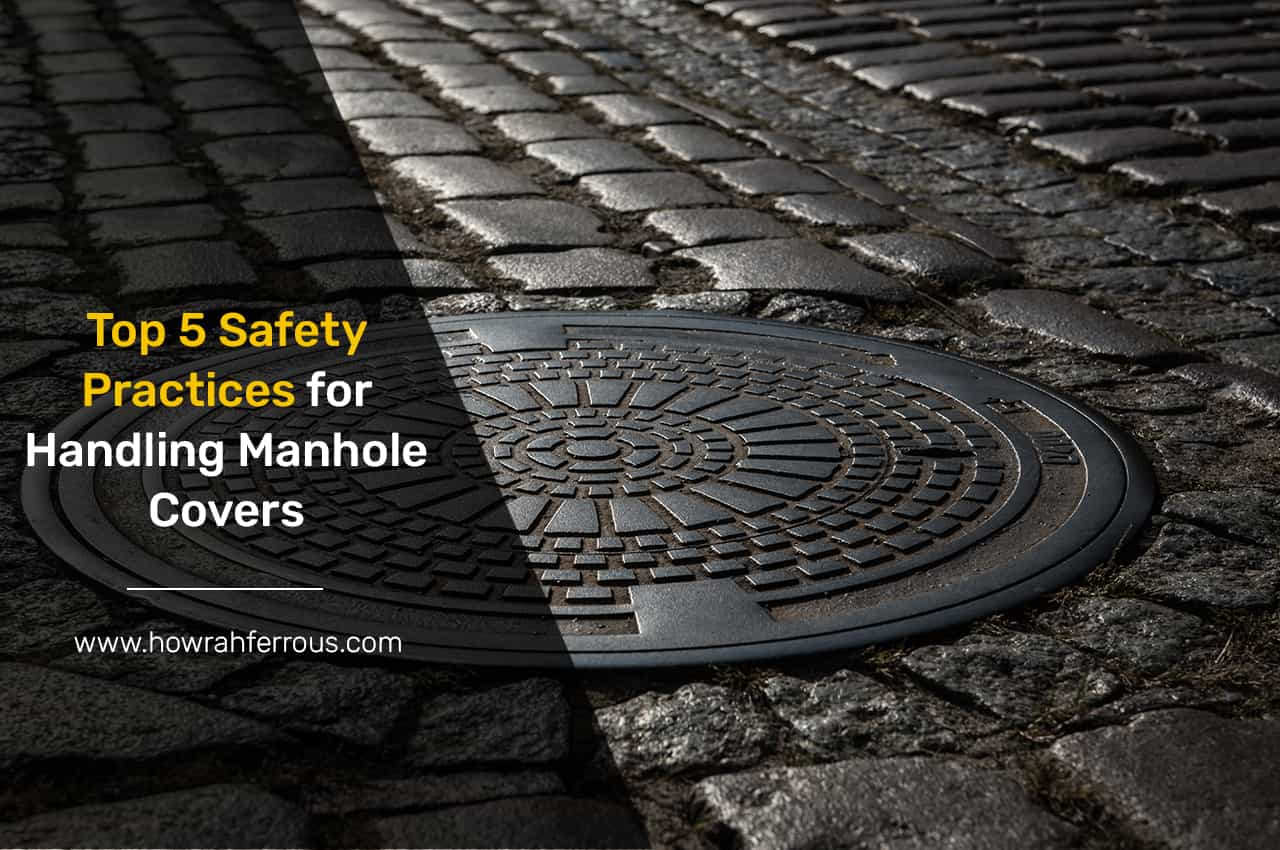The most common types of trench grates and their uses

Trench grates are an essential part of many drainage systems, offering efficient water management while protecting infrastructure. Among the various materials available for trench grates, cast iron and ductile iron are two of the most commonly used, thanks to their outstanding strength, durability, and versatility. This article delves into the advantages of both cast iron and ductile iron trench grates, exploring their unique benefits and how a trench grates manufacturer plays a critical role in producing these materials.
Cast Iron Trench Grates: Strength and Longevity
Cast iron trench grates have been a trusted choice for drainage systems for many years. Known for their exceptional durability, cast iron grates are often used in high-traffic areas like urban streets, highways, and industrial zones. Their robust construction allows them to handle heavy loads, such as vehicles and large machinery, making them an ideal solution for roadways and public infrastructure.
One of the standout benefits of cast iron trench grates is their remarkable resistance to wear and tear. They can endure harsh environmental conditions, from extreme weather fluctuations to heavy industrial use, and they are highly resistant to the corrosion typically caused by moisture and chemicals. When paired with protective coatings, such as epoxy or galvanisation, cast iron trench grates can offer an extended lifespan, minimising the need for frequent repairs or replacements.
In addition to their durability, cast iron grates bring an aesthetic appeal to many architectural and urban design projects. Their classic, industrial look makes them particularly popular in historic districts or areas that require a traditional style, blending seamlessly with their surroundings while maintaining their functional purpose.
A trench grates manufacturer specialising in cast iron will often offer customisable designs, allowing for specific load ratings and measurements based on the needs of the project. Whether it’s a heavy-duty application or a decorative feature, cast iron trench grates can meet diverse requirements effectively.
Ductile Iron Trench Grates: Enhanced Performance and Flexibility
Ductile iron trench grates are a modern innovation that offers improved performance over traditional cast iron in some applications. By adding small amounts of magnesium to molten cast iron, ductile iron is created, resulting in a material that is stronger and more flexible. The primary advantage of ductile iron trench grates lies in their higher tensile strength, which gives them the ability to withstand greater mechanical stress without cracking or breaking.
Ductile iron is particularly beneficial in environments that experience frequent impacts or mechanical stresses. This material can absorb shock efficiently, making it ideal for areas that may be subjected to heavy vehicle traffic, industrial machinery, or fluctuating temperature conditions. The increased flexibility of ductile iron also reduces the likelihood of cracks or fractures, offering a longer-lasting solution in high-stress environments.
Another notable benefit of ductile iron trench grates is their resistance to fatigue. Over time, other materials can weaken due to repeated pressure or movement. Ductile iron, however, can endure such forces with greater reliability, making it an excellent choice for high-traffic zones or industrial facilities where long-term durability is paramount.
Ductile iron trench grates can also be customised by a trench grates manufacturer to meet specific design and functional needs, including size, load capacity, and surface treatments. Whether you’re outfitting a commercial facility, a public space, or an industrial site, ductile iron trench grates provide an effective, long-lasting solution.
Applications of Cast Iron and Ductile Iron Trench Grates
Both cast iron and ductile iron trench grates are used in a wide range of applications, thanks to their strength and adaptability. These grates are particularly well-suited for environments that require both durability and high load-bearing capacity.
- Cast Iron Trench Grates are commonly found in urban settings, such as city streets, pedestrian walkways, and highways. Their ability to support heavy loads, combined with their aesthetic appeal, makes them a preferred choice for public spaces and historical areas where visual consistency is important.
- Ductile Iron Trench Grates are frequently used in more demanding environments, such as industrial sites, airports, and commercial areas with high vehicular traffic. The increased flexibility and impact resistance of ductile iron make these grates perfect for places where durability under heavy use is critical.
Both materials are also used in residential developments and landscaping projects, particularly in areas with significant moisture exposure, where corrosion resistance is a priority.
The Role of a Trench Grates Manufacturer
A trench grates manufacturer plays a vital role in the design, production, and customisation of trench grates. Whether working with cast iron or ductile iron, manufacturers can tailor trench grates to meet the specific needs of any project. They ensure that the grates are produced to high standards, offering not only functional performance but also aesthetic appeal when required.
For both cast iron and ductile iron, manufacturers offer a variety of options in terms of grate design, including slotted, bar, or mesh patterns, depending on the drainage needs. They can also apply various coatings to protect against corrosion, ensuring that the grates remain functional and reliable for many years.
By collaborating with an experienced trench grates manufacturer, contractors and property owners can ensure that their drainage systems are equipped with high-quality, durable trench grates designed to meet both practical and aesthetic requirements.
Conclusion
Cast iron and ductile iron trench grates are both highly durable, reliable solutions for managing water drainage in a variety of settings. Cast iron remains a tried-and-true material for areas that require exceptional load-bearing capacity and a classic appearance. Meanwhile, ductile iron offers excellent flexibility, impact resistance, and longevity, making it ideal for environments with heavy traffic or industrial applications.
Choosing between cast iron and ductile iron largely depends on the specific needs of the project. With the expertise of a skilled trench grates manufacturer, property owners, contractors, and urban planners can select the best material for their drainage system, ensuring optimal performance and durability for years to come. Whether for a historic district, a busy street, or a complex, both materials provide reliable, long-lasting solutions for trench drainage systems.



